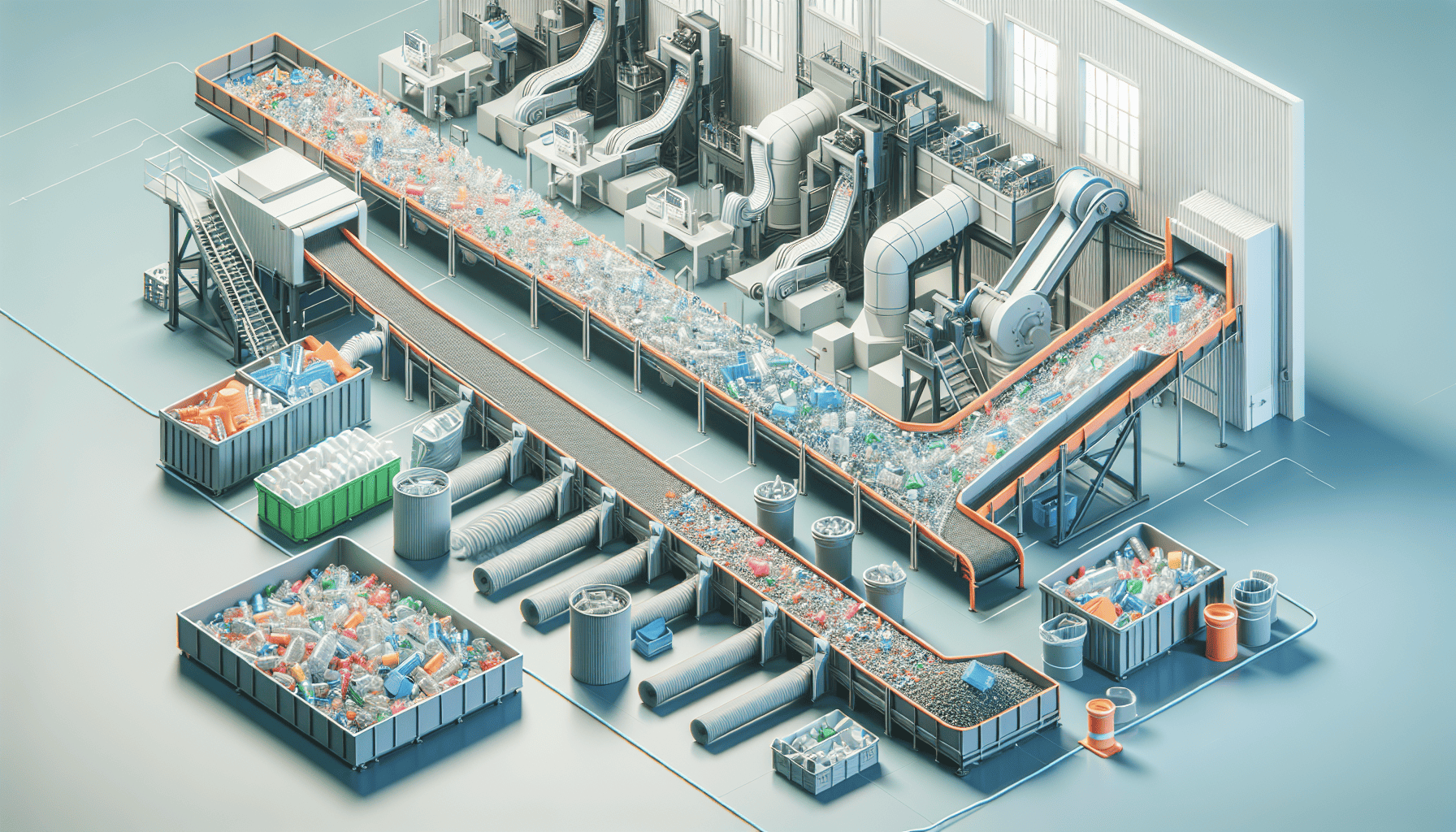In recent years, recycling has evolved beyond mere collection of paper, glass, and plastic. Advanced practices and innovative technologies are transforming how we manage waste, pushing the boundaries of what was once thought possible. These cutting-edge methodologies are turning waste into valuable resources, offering a glimpse into a more sustainable future.
The Rise of Circular Economy
Central to this recycling revolution is the concept of a circular economy, where materials are continually reused, reducing the need for resource extraction and minimizing environmental harm. Unlike the traditional linear model of "take, make, dispose," the circular economy emphasizes maintaining the value of products and materials for as long as possible.
Advanced Technologies in Recycling
1. Chemical Recycling
Traditional mechanical recycling often degrades the quality of materials, limiting their usability. Chemical recycling breaks down plastics into their fundamental building blocks, allowing them to be repurposed into high-quality materials. This process enables the recycling of complex or contaminated plastics that were previously non-recyclable.
2. Artificial Intelligence and Machine Learning
AI and machine learning are being harnessed to improve sorting processes in recycling facilities. Smart systems equipped with sensors and cameras can efficiently sort materials with high precision, significantly reducing contamination. These technologies not only enhance the quality of recycled materials but also increase the efficiency of recycling plants.
3. Bio-Based Recycling
Biological processes are being deployed to break down organic waste, converting it into biofuels or compost. Microorganisms and enzymes are employed to decompose materials in a controlled environment, creating a renewable energy source and enriching soil without harmful chemicals.
Innovative Policies and Community Programs
Governments and organizations worldwide are implementing policies to encourage advanced recycling practices. Extended producer responsibility (EPR) policies make manufacturers accountable for the end-life of their products, prompting them to design more sustainable and easily recyclable goods.
Community programs are also playing a pivotal role in this recycling evolution. Grassroots initiatives and local government partnerships are fostering environments where residents are educated on waste reduction, and new recycling methods are trialed on a smaller scale before broader implementation.
Transforming Industries
Several industries are at the forefront of this transformation. The fashion industry, notorious for its wastefulness, is adopting closed-loop production processes, creating clothing from recycled textiles and fibers. The construction industry is innovating with recycled concrete and other materials, reducing the environmental footprint of new buildings.
Challenges and the Road Ahead
While the advancements are promising, challenges remain. Investment in new technologies and infrastructure needs to increase, and regulatory frameworks must adapt to support innovation. Furthermore, public awareness and participation are crucial to the success of these initiatives.
The recycling revolution is set to redefine how societies manage waste, shifting the narrative from disposal to resource creation. By embracing these advanced practices, communities and industries can contribute to a more sustainable future, ensuring that resources are conserved and environmental impacts are minimized. As technology continues to evolve, the possibilities for recycling are limitless, making waste a valuable ally in the fight against global sustainability challenges.
